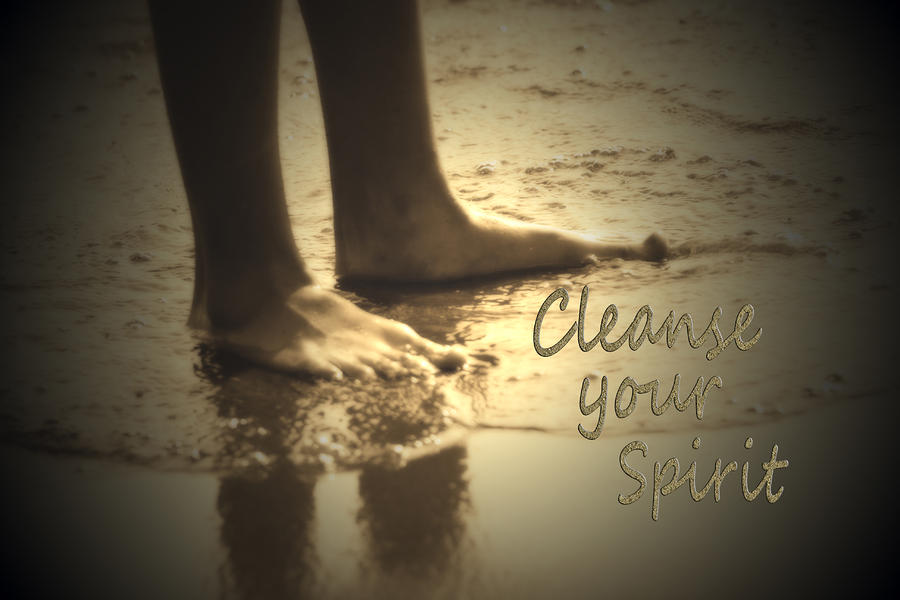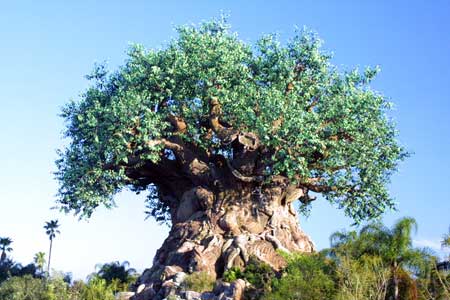This morning’s Gospel is one of those difficult passages in the Scriptures to which we need to pay a great deal of attention, because over the years, it has been translated, quite loosely, to mean, “My way or the highway.”
This passage talks about pruning, about cutting off, the branches that do not produce well. It is a passage that many preachers, and many churches, have
used – and we all know this – to say, “This is the only way to interpret the Scriptures, and if you don’t agree, you need to leave.”
Jesus is talking about being the vine, and us being the branches, and that branches need to be pruned so they can produce better, and those that do not produce will be cut off and cast into the fire.
Far too many people in our lives have used it to justify their “My way or the highway” approach to life, and to faith.
But John never uses the word “to prune” in this passage.
John, who is so elegant, so deliberative in his writing, who so carefully chooses each word in order to make a point, actually uses the Greek word katharei, which means “to cleanse.” Not to “cut,” but to “cleanse.”[1]
And if you pay attention to John’s Greek – and we should, because it is beautiful and John knew exactly what he was doing with his choice of words – you don’t end up with being cut off and cast into the fires of eternal hell. We know, from the Scriptures, that God has no intentions of casting us into the fires – not if we accept his love. Paul tells us that, doesn’t he? Paul is the one who tells us that nothing can separate us from the love of God in Christ Jesus. Nothing. So if nothing can separate us, where do people get the idea that they can do so, that they can preach, “My way or the highway”?
Instead, what John is talking about here is being cleansed.
Cleansed of all the things that get in the way of living in love and living in community.
• • •
Many of you know that I own a townhouse in Alexandria, which I have rented out for years, because I’m a missionary. But when I did live there, I had beautiful rose bushes. Actually, they were more climbing vines than bushes … vines that grew and spread, and which I intentionally tied up against my house, framing the breezeway that led to my front door and my back porch.
Over the years, those vines grew and grew, held up by an intricate web of string and nails and poles and ties, all so that my roses could bloom gloriously … for three weeks at the beginning of May.
 That’s it. They appeared in early May, spread gloriously for three weeks, and then they faded away.
That’s it. They appeared in early May, spread gloriously for three weeks, and then they faded away.
For six years, I tended those vines, mainly by using more and more string and twist ties to form the vines into bowers that framed each end of the breezeway, so that’s what I did.
One of my neighbors kept telling me that the roses
would be better off, would bloom more gloriously, if I pruned them each year. And by “pruning,” I mean cutting them way, way, way back.
Finally, I agreed, and went out there with my cutters, and … I just stood there. I could not bring myself to do this.
So I went to my neighbor, to Gray, and said, “You do this. I can’t cut them.”
And oh, my, did he cut them back. He cut and hacked and trimmed and pruned, and it go to be so painful that I couldn’t watch any longer. I simply turned my back to him and let him do what was best for the roses.
When he was done, I turned around and looked, and all I could say was, “Really?”
I felt like I had cut myself off.
Of course, the next year, those bushes blossomed like crazy, and I had roses all over the place and it was lovely. But I did not have the bowers any longer, because the bushes had been cut back so much.
That’s the problem with pruning, isn’t it? You cut away a lot because it’s supposed to be good, but sometimes, the good that you get isn’t the good you want, and it doesn’t achieve what you want it to achieve.
That’s why John doesn’t talk about “pruning.” He’s talking about cleansing. And we need to remember that.
• • •
This morning, as I was trying to get here (having started a bit late, having wandered slooooowly through Staunton on what I thought was a shortcut, and having been stuck behind two trucks whose drivers didn’t seem to know the mountain roads and at times dropped us down to 12 miles per hour), I felt that need to be cleansed.
You know what it’s like to come across the mountains, twisting and turning, up the mountain, down the mountain, through the forest, up the mountain, out of the forest, down the mountain.
When I first fell in behind these trucks, and realized how slowly they were going (and how much I have become accustomed to driving over the mountains to get here), my first reaction was, “Well, spit.” Which quickly accelerated to, “Really?” Which in turn, as we sloooooowed down to those 12 miles per hour, to, “Really?!?!” I could feel the anxiety building up in me, feel the frustration, even though I had already called Caroline to tell her I would be late, even though I knew you could start the service by yourselves, even though I knew that all would be well.
I was getting angry.
And I needed to be cleansed of that anger.
I needed to relax, to simply drive, to remember what it was like the first time I drove out here, at night, not knowing the roads, with a pickup truck on my tail the whole way. I needed to realize what it was like to be the driver of that pickup, frustrated that I wouldn’t go faster, and wouldn’t pull over because I didn’t know where to do so.
We all have moments when we need to be cleansed as well.
When we feel that we are not loved enough.
Or appreciated enough.
Or that we are alone.
Or that the fates have conspired against us.
When we’re told that what we believe is wrong. That we need to leave, to quit, to go away, because we don’t fit in anymore.
When someone says to us, “You are out. God doesn’t love you.”
Or, “You are out – because you are wearing the wrong color.”
Or, “You, Caroline, don’t belong, because you are sitting at the piano, instead of in the pew.”
We all know this, right?
Well, I’m here to tell you, this is not what the Gospel says.
Because John doesn’t use the word for pruning. He’s talking about cleansing.
From the Greek word katharei we get the English word catharsis, which according is an emotional release or purification, a purging. We’ve all had, or know people who have had, cathartic experiences – through grief or great pain – and when we think of the word in this way, we realize: Jesus isn’t talking about getting cut off. He’s talking about us being cleansed of that which is harming us, paining us, grieving us.
Not quite the same thing, is it?
Being cut off is harsh. It separates us from the love of God, which we know isn’t possible for, as Paul tells us, nothing can separate us from the love of God in Christ Jesus.
Being cleansed? Well, that’s a whole ’nother story, one that implies love, because only someone who loves us enough will bother to clean us.
So instead of spending this day thinking about what we need to cut out of our lives, so as to avoid being cut off and thrown into the fire, we get to spend our day concentrating on what we would like to have cleaned off in our lives, where we would like clean up our own acts, so that we can indeed to do that for which we are created …
Which of course is to love.
God loves us enough to cleanse us.
So that we can love in return.
Because it is in loving that we bear fruit.
Love is what counts … not just us being love, but us loving others.

Cleanse Your Spirit by Cathy Beharriell
And we can’t do that to the best of our ability until we clean out the stuff, the junk, that gets in the way of love.
So think about it: What do you want to get rid of? What do you want God to cleanse in you?
And how will your life change when whatever it is that needs cleansing is gone? Will you be able to love more? Will you be able to bear more fruit? Will you be able to be the person God is calling you to be, the person God created you to be?
It’s not about pruning, folks. It’s not about cutting off.
It’s about being cleansed.
So we can bear fruit.
So we can love.
Amen.
Sermon preached on the Fifth Sunday of Easter, 6 May 2012, Year B, at the Church of the Good Shepherd, Blue Grass, Va.
[1] Rev. Peter Woods, Methodist minister in South Africa, “The catharsis of not cutting, “ The Listening Hermit blog, http://thelisteninghermit.wordpress.com/2012/05/02/the-catharsis-of-not-cutting-easter5/





